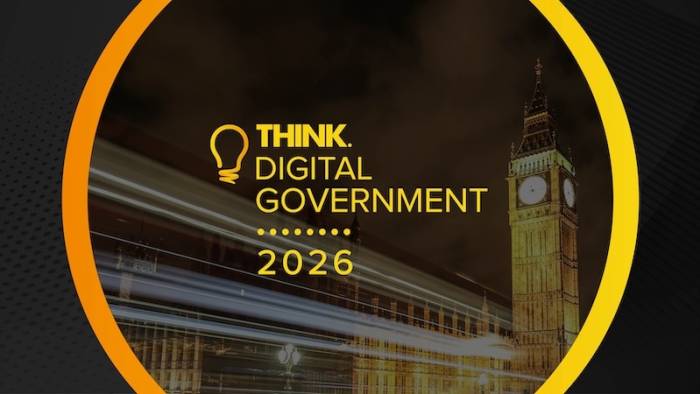The UK government must continue to invest in modernisation to help deliver future savings, according to Ricky Walker, public sector CTO for software and services firm, Kainos.

“While the temptation will be to draw back the purse strings, capital investment is needed to ensure longer term savings,” said Walker.
Walker pointed out that there are several government departments that have successfully completed digital transformation projects. These include moving citizen-facing services online to enable greater self-service and improve the citizen experience, or digitising processes.
“Technology has been a key enabler of change in public sector, helping to modernise services for citizens, while also delivering great wins for efficiency. Something as simple as shifting contact from phone and email to chat bots and self-service can save staff a lot of time and expand the workforce. When you consider there are currently thousands of open vacancies across government, this is a real win for stretched teams,” he told Think Digital Partners.
On the successes seen in central government, Walker described Covid as “a real watershed moment” which forced many organisations to act quickly.
“This investment in digital has paid off and we see a lot of central government organisations being very ahead of the curve in terms of digital adoption.”
If you liked this content…
He continued: “Continuously improving services that are composed of many integrated elements replaces the traditional need for wholesale re-platforming in favour of upgrading individual component only when required. This helps to extends the typical lifetime of a service, controlling costs over multiple years, and reduces the uncertainty risk of massive change.”
In terms of upfront costs for digital transformation projects, Walker said it depends on the scope of the project and what the organisation intends to do. But typically, any investment will be paid back in a relatively short timeframe.
“A case in point would be a shift to cloud hosting – we have worked with government departments that have migrated over 300+ servers and 70+ applications to cloud, cutting costs by 40 percent and reducing annual carbon emissions by 43 percent—the equivalent of almost 83,894 litres of petrol consumed annually,” he explained.
Mixed performance linked to investment
Elsewhere, Omeed Hashim, chief solutions officer at Kainos, addressed the perception that the public sector is falling behind the private sector, or simply not moving fast enough. He said he thought it wasn’t “entirely justified but can understand the perception.”
“In reality, it’s mixed. Parts of the public sector are very forward-thinking. I’ve seen lots of examples of government organisations who are very advanced, using data efficiently in the cloud, container concepts, serverless, you name it. Equally, I’ve seen many examples of departments that are quite far behind, where there is so much legacy that moving to the cloud is significantly more challenging. So, I don’t think it’s justified to say that the public sector as a whole is falling behind as there is huge variations across departments.
“It really comes down to investment. Some departments – particularly central departments that have been heavily impacted by Covid or Brexit – received a lot of investment, so they have moved forward quite a lot. But there are other areas – such as local government – that have suffered, as investment hasn’t been forthcoming. There’s pressure on public sector budgets and it’s very difficult for departments to justify spending large sums of money on modernisation.”











